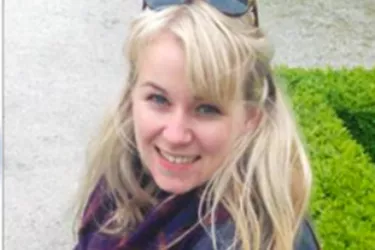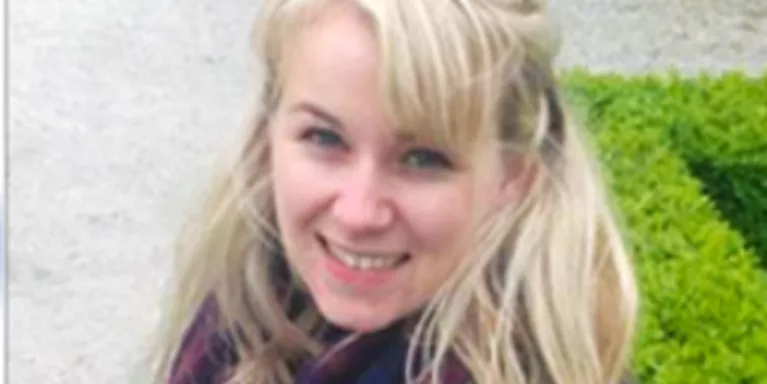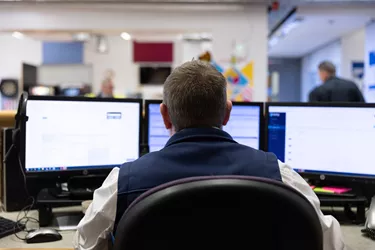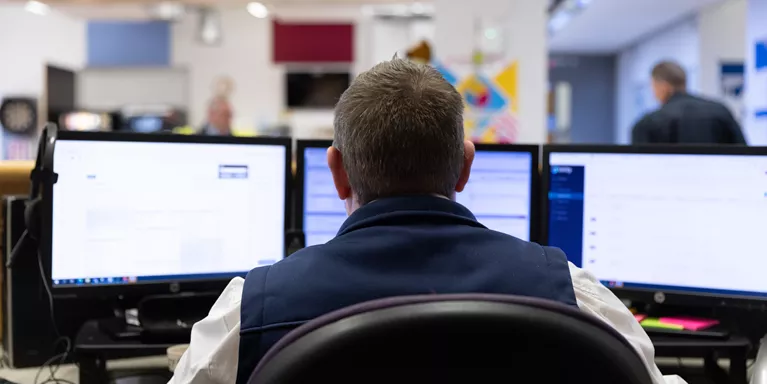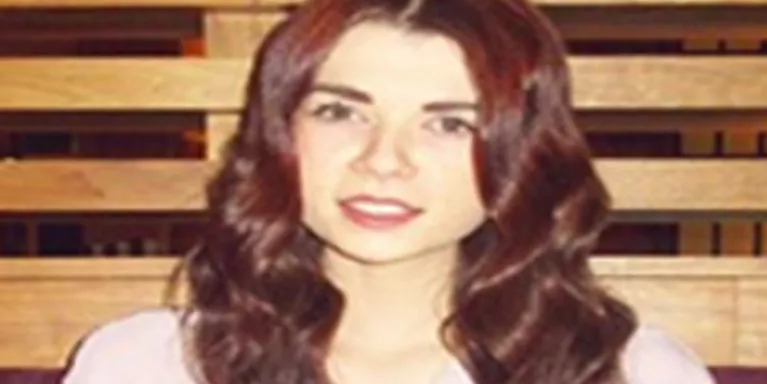Channeling my anger into positivity
Mind campaigner James Downs felt angry and let down by lack of support he received when struggling with his eating disorder. After getting involved with Mind, he found a way to turn that anger in to something positive.
Mental health problems don’t occur in a vacuum. I didn’t suddenly wake up one day with an eating disorder and depression. My experience of anorexia and bulimia came out of a complicated array of factors over time. Biology probably played a role, but my brain and body were in an environment that I responded to in a less-than-ideal way.
"Anger is something I had always been discouraged from feeling. But a degree of protective anger can be really healthy and healing."
I became extremely unwell, and this lasted for many years as I didn’t have any support or solutions to what I was going through. The help and understanding that I so desperately needed from the NHS, my school and wider society were just not there. It was only after 6 and a half years that I finally managed to access some specialist treatment for eating disorders, because the services simply did not exist before then for more severe cases like mine. I was deemed “too unwell” for treatment, so while I was saved countless times by A&E services when my physical health failed, I was left high and dry psychologically which only led to my problems getting worse.
By the time I accessed treatment, what had started as controlling my food and wanting to lose weight was now a full-blown eating disorder which I was using to control wildly changing and intense emotions. DBT - a specialist form of psychotherapy -helped me to slowly learn new ways of coping, how to regulate my emotions, and start to accept help from others. Eventually, the self-worth that I once had, but which had been eroded by the blame, shame and sheer pain of my eating problems over the years, started to come back.
With the glimmers of self-respect that emerged, I suddenly found myself experiencing a new and equally overwhelming emotion - anger. I was so angry about the experience that I had gone through in order to get help, and it seemed so unfair and unnecessary to have had to wait so long for treatment. I was enraged that other people might also be going through the same, and incensed at the false economy of not providing well-equipped services for eating disorders that can intervene early on and prevent so much suffering. I started to realise that I had been let down. I deserved better, and so did everyone else in my situation.
Anger is something I had always been discouraged from feeling. But a degree of protective anger can be really healthy and healing. It was a sign of valuing myself that I could say, “this is not good enough” and to be angry about being failed by services that should have been there when I needed them. But when the anger came, it was strong, and it was hard not to turn that anger inwards onto myself with the punishing behaviours that I was so used to. I soon realised that to manage this anger it needed to be channelled into doing something to help change things. This is where my campaigning began.
"Remember that however valuable the opportunities that might crop up may be, self-care comes first."
This is where Mind came in. Scanning the Mind membership email, I saw a call for people to take part in a Mind photo shoot. I remember going along to London feeling extremely nervous, especially because my relationship with my body image made having my photograph taken a difficult experience. Taking part was a personal triumph and a sign of how far I had come in terms of accepting myself - the way I look, my weight and shape, and my experience of mental health problems. I was no longer ashamed.
I gained so much confidence from being involved with Mind, and went on to volunteer in making videos, reviewing Mind information leaflets and being a Voice of Mind representing Wales in their landmark 2015 general election campaign. I had gone from being in a place where I felt my needs weren’t important enough to get any help all the way to speaking at the Conservative Party Conference, meeting the Health Secretary and Deputy Prime Minister and speaking live on national news programmes.
From this I have managed keep up my work as a mental health campaigner alongside returning to study. When I can, I still take up offers to speak at conferences or to the media, or take time from my Masters thesis to write blogs for the Huffington Post. It is really important though to remember that however valuable the opportunities that might crop up may be, self-care comes first. Balance is key in all things and doing too much burning out through too much campaigning is not a price worth paying.
Looking back on my journey to becoming a campaigner, I can see that so much has changed. While there is still such a long way to go to making sure that mental health services receive the same funding and prioritisation as physical health, there have been steps in the right direction, and some of those I have been part of. I can see so much change in myself as well. Having grown in confidence I now know that my voice is worth being heard and that I am no longer powerless over my situation.
One thing I can’t change is having had this experience in the first place. But I can control how I respond to it, the meaning I make out of it and the message I want to promote about how society should respond to mental health problems in the first place.

See what we're campaigning on

Information and support
When you’re living with a mental health problem, or supporting someone who is, having access to the right information - about a condition, treatment options, or practical issues - is vital. Visit our information pages to find out more.
Share your story with others
Blogs and stories can show that people with mental health problems are cared about, understood and listened to. We can use it to challenge the status quo and change attitudes.










